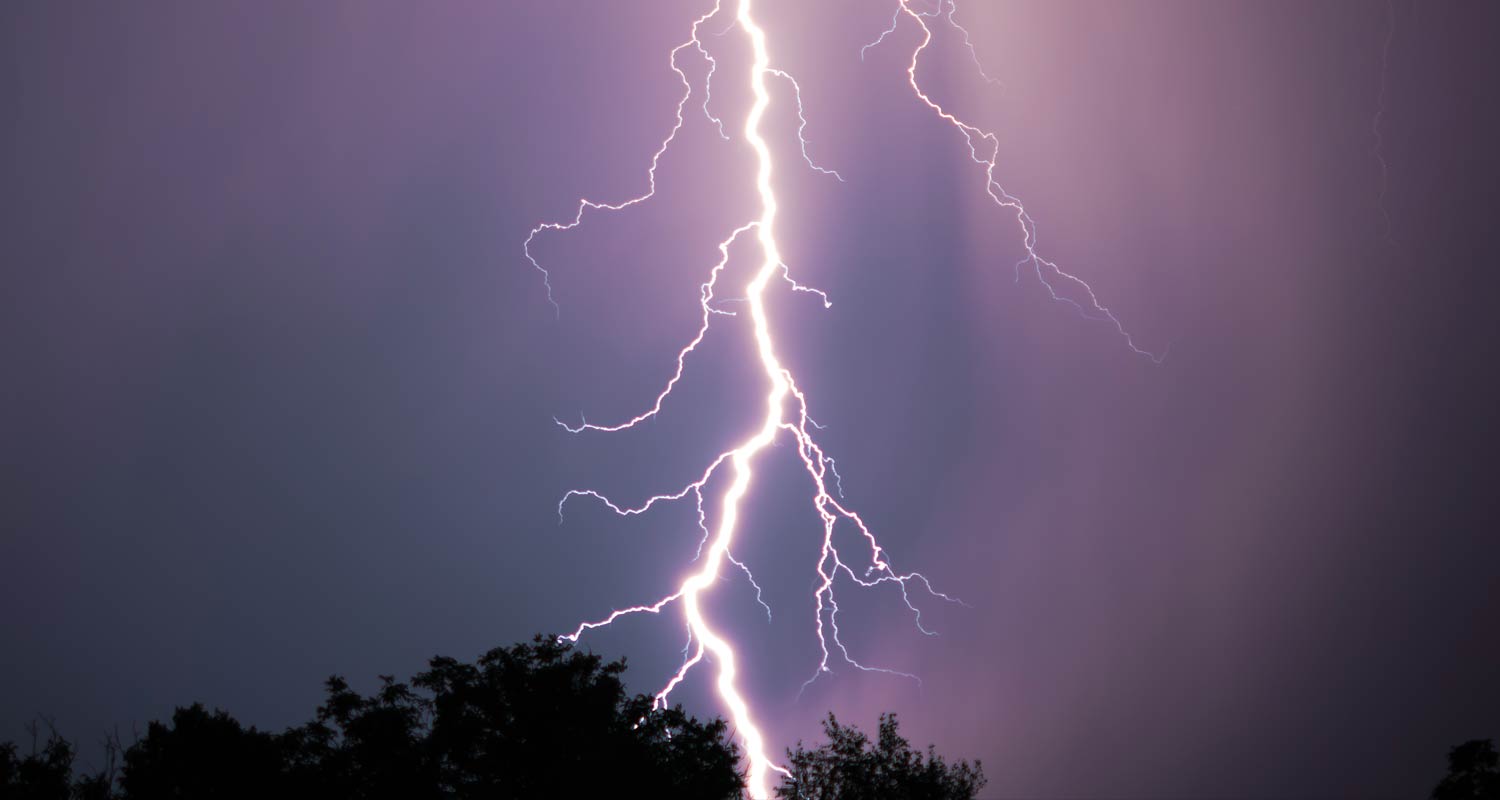Africa has established the continent’s first space agency to boost Earth observation and data sharing at a time when a more hostile global context is limiting the availability of climate and weather information.
The African Space Agency opened its doors last month under the umbrella of the African Union and is headquartered in Cairo. The new organisation, which is still being set up and hiring people in key positions, will coordinate existing national space programmes. It aims to improve the continent’s space infrastructure by launching satellites, setting up weather stations and making sure data can be shared across Africa and beyond.
“Space activities on the continent have been happening in a very fragmented fashion,” said Meshack Kinyua, a space engineer and an Africa space policy veteran who now oversees capacity-building at the agency. “The African Space Agency brings a coordination mechanism and economies of scale — it puts all members of the African Union at an equal level in terms of gathering data that they can access according to their needs.”
Africa is the world’s poorest continent and its people are among the most vulnerable to the extreme weather events made worse by climate change, despite contributing much less to the warming of the planet than those in developed countries. The lack of high-resolution weather and climate data prevents governments from alerting citizens when extreme weather events approach, and scientists can’t accurately predict long-term trends because the data in their models lacks detail.
The African Space Agency is a step towards changing that, Kinyua said. The agency also aims to scale up some successful initiatives happening across the continent, including early warnings systems for fishermen in western Africa and in the Congo River basin, he said.
Building satellites
The agency had been long planned, but its opening comes right after the Trump administration’s dismantling of the US Agency for International Development, which was a significant funder of many different kinds of programmes in Africa. When the administration cancelled 80% of USAid’s projects, among them was Servir, a joint initiative of USAid, US space agency Nasa and space organisations in developing countries to help manage climate change, food security and natural disasters.
“We need to ensure that African satellites can improve measurements and fill data gaps,” Kinyua said. “These gaps will always be there, and we need to fill some of them ourselves and engage with other agencies.”
Read: Google brings AI-powered weather forecasts to Africa
The African agency has already partnered with the European Space Agency to train experts and share knowledge, including on processing data and building satellites. In Europe, national space agencies share the cost of launching new Earth observation satellites, which can be as high as €800-million, said Benjamin Koetz, head of the long term action section at the European Space Agency. Countries then also share the knowledge gathered by the satellites.
“Every country doesn’t need to invest and build the same satellite,” Koetz said.
 Cairo launched the continent’s first satellite in 1998, and since then, more than 20 African countries have set up their own space agencies. Eighteen of them have launched a total of 63 satellites. The African Union will fund the African Space Agency on a project-by-project basis.
Cairo launched the continent’s first satellite in 1998, and since then, more than 20 African countries have set up their own space agencies. Eighteen of them have launched a total of 63 satellites. The African Union will fund the African Space Agency on a project-by-project basis.
“Getting financial resources is a challenge because there’s so much we need to do, and our resources are limited,” Kinyua said. “But we have to take baby steps before we start running.”
Africa’s space pioneers — which include Nigeria, Egypt and South Africa — took a long time to set up their agencies and start operating because they started from scratch, said Danielle Wood, an associate professor who directs the Space Enabled Research Group at the Massachusetts Institute of Technology.
Read: Hidden South African observatory quietly shapes our view of space
“It shouldn’t take that long now that many African countries have space experience, and hopefully the best outcome is that new countries can look at existing examples and coordinate to go faster,” she said. “Other players like the US and Europe will have their own agenda, but the African Space Agency will be African-focused, so it should help every country in Africa.” — Laura Millan, (c) 2025 Bloomberg LP
Get breaking news from Bitcomme on WhatsApp. Sign up here.

